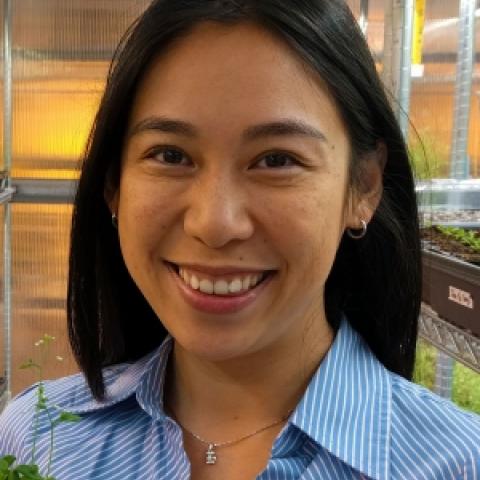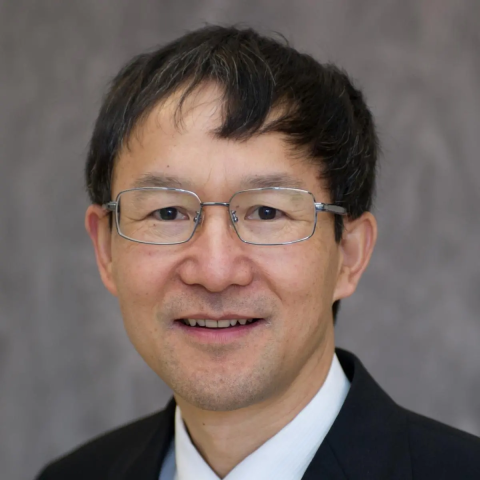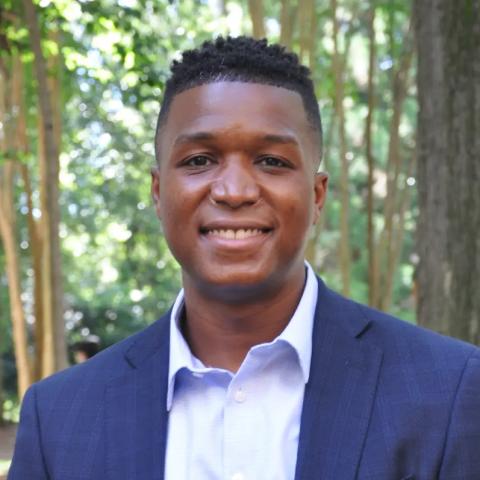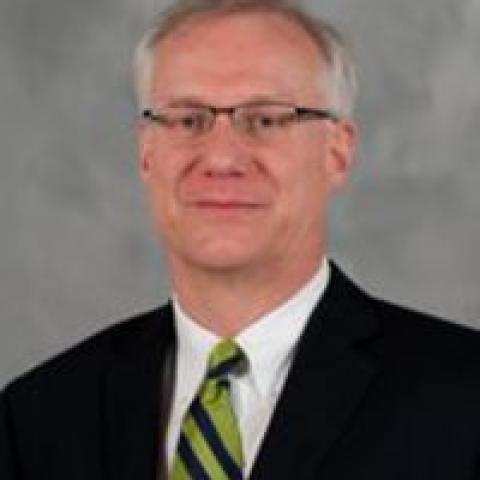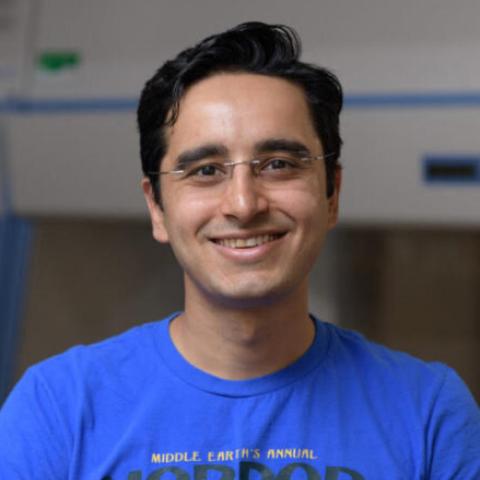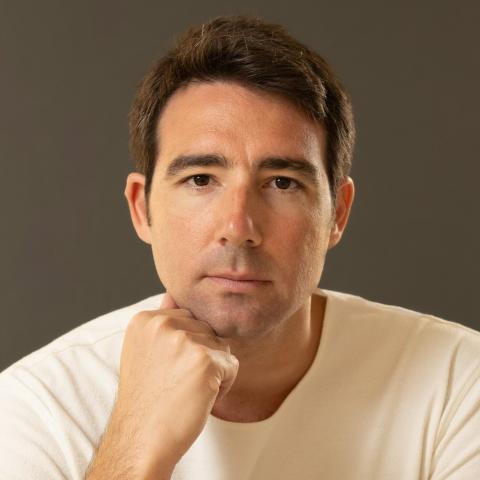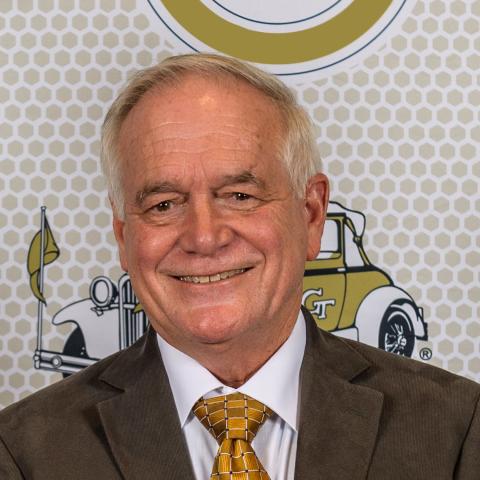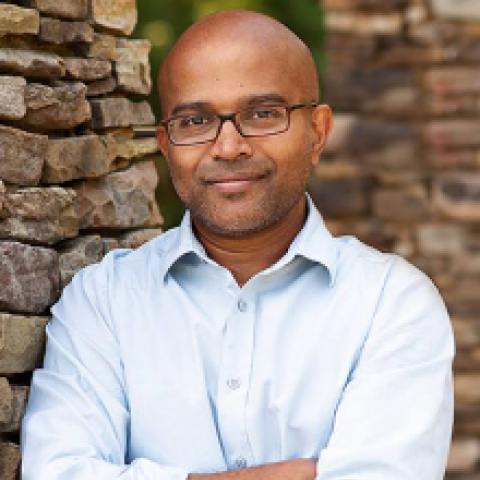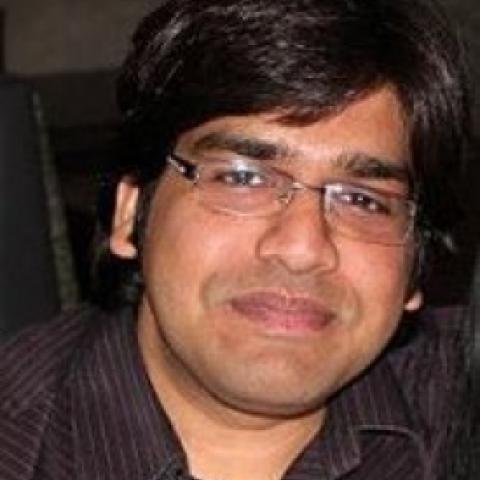E.-M. Ulrika Egertsdotter
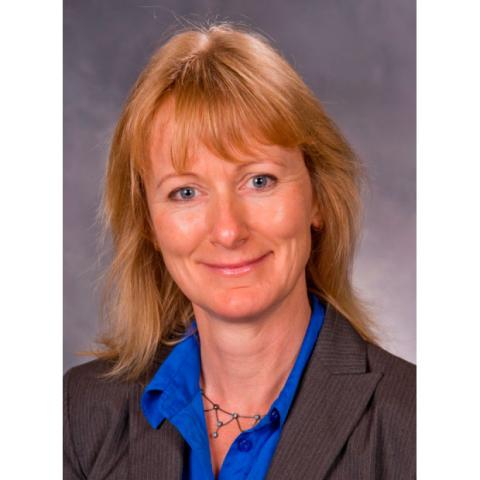
RBI Initiative Lead: Plant production for sustainable fiber supply for renewable bioproducts
Else-Marie Ulrika Egertsdotter is a Principal Research Scientist at the Renewable Bioproducts Institute.
Her research interests are focused on plant development, specifically understanding fundamental regulatory processes involved in early development and adaptation, and to apply biotechnology for a sustainable supply of plants to society for renewable products, food, fibers and bioenergy. She is particularly interested in AI applications and automation for plant production to capture the benefits from plant improvements for increased productivity and novel applications of plant fibers and other plant-based products.
She received her B.Sc. degree in Biology and Chemistry from Uppsala University, Sweden, and her Ph.D. degree in Molecular and cellular biology from the Swedish University of Agricultural Sciences, Sweden.
After completing her studies, she was awarded the Marie Curie Postdoctoral Fellowship from the European Union to study plant signal-transduction pathways at University of York, UK. She then moved to Norway to initiate and lead forest tree biotechnology projects at the Norwegian Forest Research Institute.
In 2000, she was awarded the Gunnar Nicholson Fellowship to join the Forest Biology team at IPST (Institute of Paper Science and Technology), Atlanta, GA, followed by appointments as research scientist at IPST until 2004 when she became Associate Professor of Genetics and Biotechnology at the Department of Forestry, Virginia Tech, Blacksburg, VA, to lead the new biotechnology efforts at the College of Natural resources.
She has been directing several projects for forestry companies to develop cost-effective technology for large-scale clonal production of conifer plants by somatic embryogenesis (SE). These efforts ranged from fundamental research to experimental and pilot scale technology development and has resulted in an ‘SE Factory’ now being implemented in full commercial scale in Sweden. As recognition of her leadership, she was awarded a VINNMER Marie Curie Fellowship from VINNOVA (Swedish Innovation Agency) for further training on technology applications at Woodruff School of Mechanical Engineering at Georgia Tech, and executive management at Stanford University and Goizueta School of Business at Emory university.
Since 2008, in addition to her position in US, she has also served as an Adjunct Faculty and scientific advisor for conifer R&D at the Umeå Plant Science Center, Sweden. She was appointed by the Swedish government in 2019 to serve on the Gene Technology Advisory Board to monitor developments in the field of gene technology, oversee ethical issues, and give advice to the government on use of gene technology.
